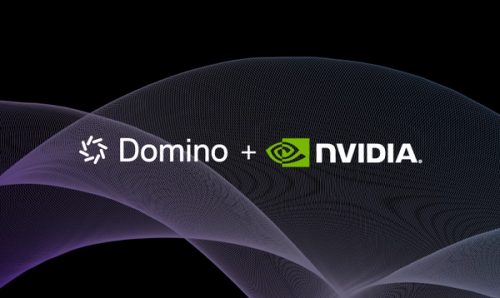Navigating the EU AI Act: Strategies for compliance and business growth
Leila Nouri2024-06-25 | 5 min read

The European Union's AI Act, passed in March 2024, marks a pivotal moment in the regulation of artificial intelligence. This landmark legislation establishes a comprehensive framework for managing AI risks and promoting responsible AI practices across the EU. For multinational enterprises, compliance with the AI Act is not just a legal requirement, but also an opportunity to drive business transformation by fostering safer, governed, and more responsible AI. Read the EU AI Act white paper for more details.
The impact of the EU AI Act
The EU AI Act categorizes AI systems into three risk categories: high risk, limited risk, and minimal risk. High-risk AI systems, which include critical infrastructure and applications that could significantly harm individuals or the environment, face stringent regulatory requirements and potential bans for unacceptable risks. Meanwhile, limited-risk and minimal-risk systems are subject to fewer obligations under the Act.
Compliance with the EU AI Act entails a range of obligations for developers and users of high-risk AI systems, including risk assessment, transparency, and human oversight. Failure to comply can result in significant fines, up to 7% of global revenues, underscoring the importance of proactive risk management and governance.
High-risk systems

How Domino enables compliance while maximizing business value
Domino’s Enterprise AI Platform offers a comprehensive solution for organizations seeking to quickly operationalize and address the AI Act, while maximizing business value by de-risking AI across their business. By leveraging Domino's platform, enterprises can streamline compliance efforts and accelerate the adoption of responsible AI practices.
Addressing the EU AI Act requirements with Domino
- Risk management system: Domino's Model Registry and reproducibility engine enable organizations to effectively assess and mitigate AI risks. With integrated model monitoring, teams can detect drift and inaccuracies, ensuring ongoing compliance with the Act's requirements.
- Data governance: Domino centralizes data access and provides role-based access control, ensuring compliance with data privacy regulations. Organizations can maintain transparency and accountability in their AI initiatives by tracking data lineage and provenance.
- Quality management system: Domino facilitates the development of high-quality AI models through comprehensive model review and approval workflows. From model cards to model staging, Domino ensures that models meet the Act's standards for accuracy, fairness, and transparency.
- Human oversight: Domino's integrated human-in-the-loop approach ensures that AI models undergo rigorous review before deployment. By involving human reviewers in the approval process, organizations can enhance accountability and mitigate risks.
- Technical documentation: Domino automates the generation of model cards and provides detailed documentation for compliance assessments. This ensures organizations have complete, audit-ready documentation to support their AI initiatives.
- Monitoring and registration: Domino offers integrated model monitoring and registration capabilities, allowing organizations to track model performance and compliance status effectively. Teams can streamline compliance efforts and avoid non-compliance penalties with a unified view of all models.
- Transparency and robustness: Domino guarantees the reproducibility of AI model results and provides robust security features to protect against cybersecurity threats. Organizations can build trust with stakeholders and mitigate risks effectively by ensuring transparency and robustness in their AI initiatives.
Looking ahead: Future regulations and beyond
While the EU AI Act sets a precedent for AI regulation globally, organizations must prepare for future regulations and emerging best practices in responsible AI. Domino's open and extensible platform enables organizations to adapt to evolving regulatory requirements beyond current legislation and establish long-term risk mitigation strategies that drive growth by de-throttling AI.
Conclusion
Compliance with the EU AI Act is not just a legal mandate but also an opportunity for organizations to drive innovation and foster responsible AI practices. Domino Data Lab's Enterprise AI Platform provides a comprehensive solution for navigating AI regulation while maximizing business value. By prioritizing compliance and responsible AI, organizations can build trust with stakeholders, mitigate risks effectively, invest in growth, and unlock the full potential of AI across their enterprise.
Read the new EU AI Act white paper for executives to learn how Domino addresses the AI Act’s last four requirements on transparency, cybersecurity, accuracy, and assessment requirements.
Leila Nouri, Director of Product Marketing at Domino Data Lab, is an innovative and data-driven product marketing leader with 15+ years of experience building high-performing teams, go-to-market campaigns, and new revenue streams for startups and Fortune 500 companies.



